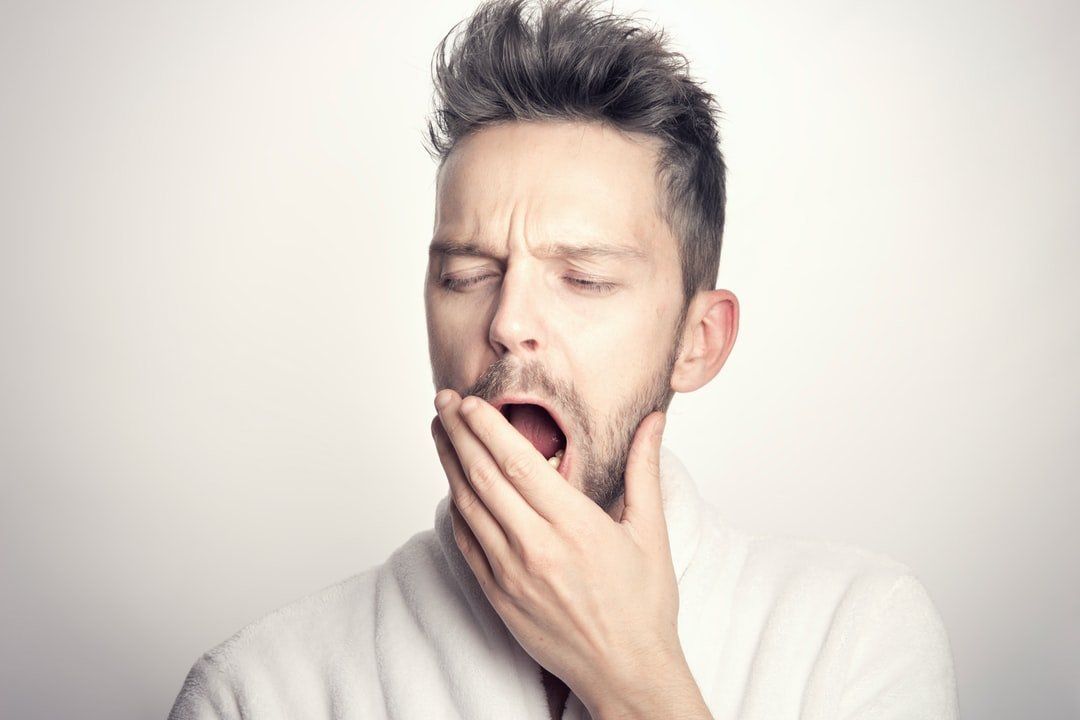What are the Different Types of Sleep Apnea?
From snoring to pauses in breathing, sleep apnea should not be taken lightly—in fact, you should receive proper treatment immediately. As with other diseases and conditions, there are different types of sleep apnea you might be suffering from. For this reason, it is important to understand each type in order to better understand your specific condition for proper diagnosis.
Obstructive Sleep Apnea (OSA) : Obstructive sleep apnea is the most common type of sleep apnea. It occurs when the soft tissue in the back of the throat relaxes during sleep and blocks the airway. This often causes you to snore loudly—we know how disruptive that can be!
Central Sleep Apnea (CSA) : Central sleep apnea is a much less common type of sleep apnea that involves the central nervous system. It occurs when the brain fails to signal the muscles that control breathing. If you suffer from central sleep apnea it is likely that you seldom snore.
Complex Sleep Apnea : Complex sleep apnea is a combination of obstructive sleep apnea and central sleep apnea. It is a form of sleep apnea in which central apneas persist or emerge during attempts to treat obstructive events with a continuous positive airway pressure (CPAP) or bi-level device.
What are the Stages of Sleep Apnea?
In addition to the types of sleep apnea, there are also three stages that occur as well:
- Mild is the first stage in which patients stop breathing 5-15 times per hour.
- Moderate involves a stoppage of breathing 16-30 times per hour.
- Severe, which means patients’ breathing stops more than 30 times per hour.
Contact our Warrenton dentist, Dr. Bonnie Foster, to gain a better understanding of your specific sleep apnea type and how treatment can help to improve your symptoms.









